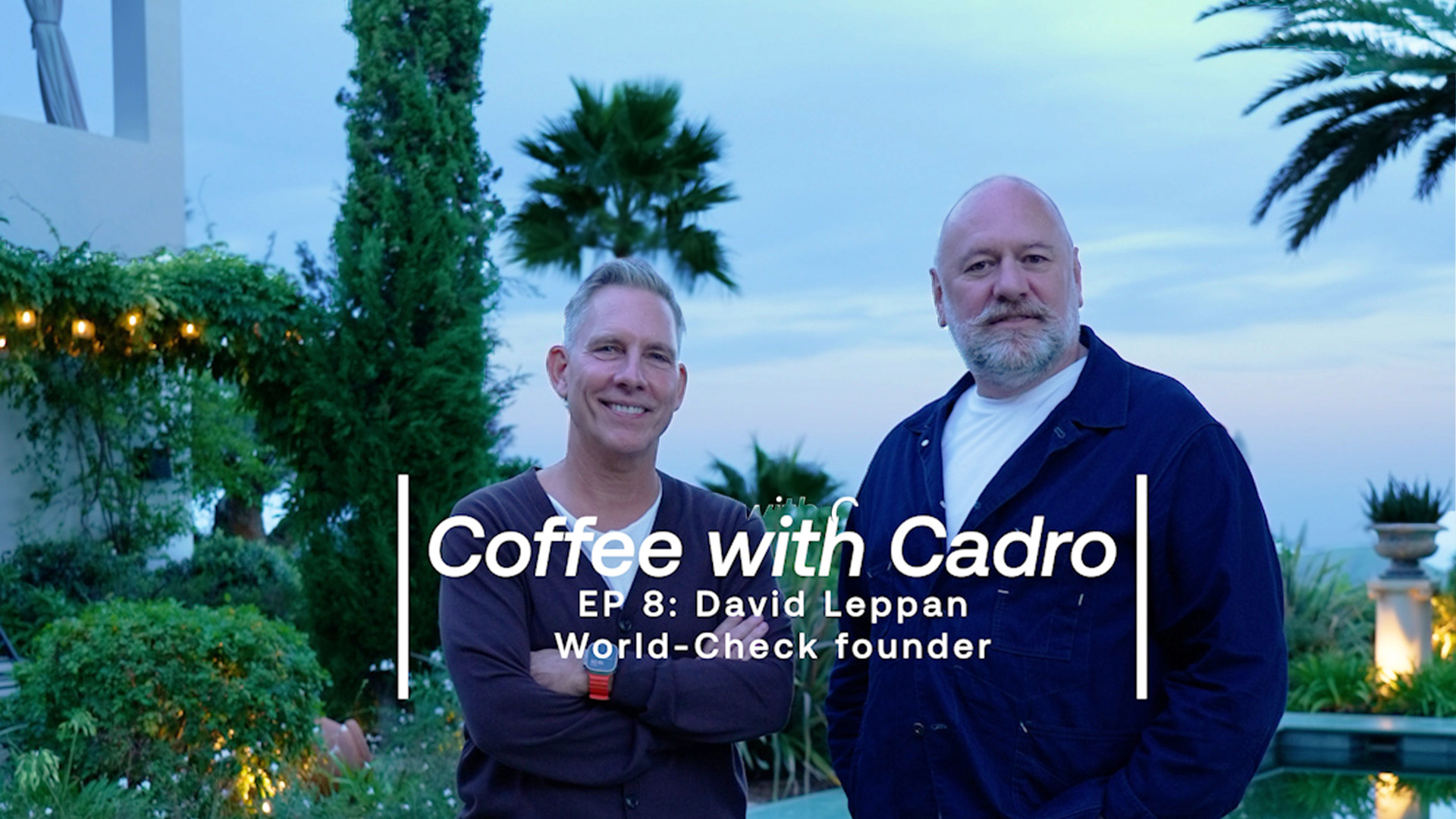What’s the most important thing you read this week?
The question sits at the core of how an investment manager considers how to act in the tumult of the 21st century news cycle – but with so many stories competing for attention, how do we best go about separating the noise from the signal?
As we are keen to impress on clients, “past performance is not a reliable indicator of future results”, but it might be a useful starting point when, for example, thinking about the mass of headlines produced by Donald Trump’s return to the White House.
Tariffs, trade tensions and geopolitical fallouts might never replicate exactly as they have in the past, but if we look beyond the headlines, we have only to ask ourselves one important question: are things likely to play out exactly as the market expects?
Reality versus expectations
It’s important to remember markets move to price in future events as they receive new information, rather than simply wait for them to play out.
So, if markets already anticipate a deep recession, and we “merely” experience a shallow one – it might be unpleasant to live through, but it is nonetheless “good” news for markets.
What we are left with, then, if we are unable to change the past, is the option to interpret and learn from it.
Equally, most of us are unable to truly impact future global events. What we can do, instead, is make informed predictions and be ready to act if things don’t go as planned.
From an investing perspective, this means creating a diverse global portfolio, which reflects your risk tolerance, time horizon, and long-term goals.
And that is, after all, our primary focus for helping clients think about their financial futures.









